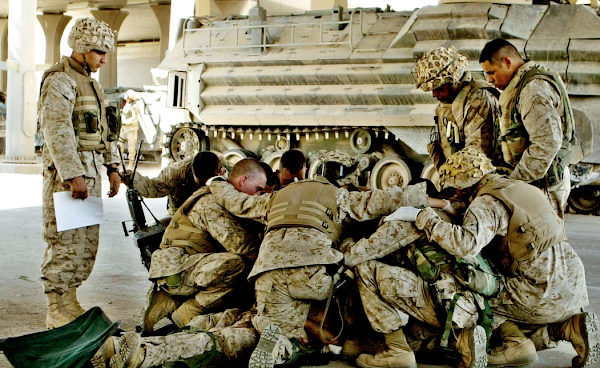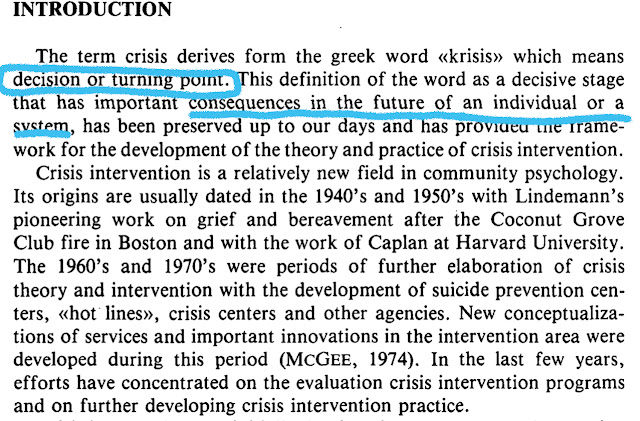Journalist Suffers PTSD from Covering War in Gaza, 'Hell on Earth': 'You Can’t Escape' (Exclusive)
PEOPLE
By Vanessa Etienne
September 30, 2024
“When you come back from a reporting assignment, and you're cleaning other people's blood off the bottom of your boots… you don't learn this in journalism school.” Trey Yingst
For Trey Yingst, the smell of barbecue triggers his PTSD. It reminds him of the burning bodies he witnessed in Gaza after war abruptly broke out in October 2023. The smells are eerily similar, he says, adding that his brain struggles to distinguish them.
“I try as much as possible to separate things in my mind, but that can be difficult,” he tells PEOPLE. “The mind will flash back very quickly.”
On Oct. 7, 2023, Hamas militants from Gaza launched a surprise terrorist attack on Israel, killing roughly 1,400 people and taking more than 200 others hostage — a day that later became known as “Black Saturday,” which is also the title of Yingst’s new book.
Yingst — Fox News chief foreign correspondent — spent nearly 200 days on the ground covering the war and calls it “one of the scariest assignments I’ve ever had.”
“We were in southern Israel on the morning of October 7 and witnessed the massacre firsthand. There were people that died in front of me and we saw the aftermath… bodies everywhere,” he recalls. “That was when I really started to realize the impact that being a war correspondent can have on your mind.”
read the rest here
It's true; you don't learn what
war reporters end up covering in journalism school. You don't know what you'll face
during a pandemic in nursing school, and people go from calling you a hero to blaming you for what "hardships" they had to go through because they couldn't do what they wanted when they wanted to. They don't train you to
face a massacre at the police academy. They don't train you to face a
sniper when you are being trained as a firefighter or to face loss after loss of fellow citizens, as well as colleagues taking their own lives. The truth is, no amount of training can prepare you for when the unthinkable happens.
Some professions come with known risks, and people are not blind to them. Then there are the risks that hit you when you never saw them coming. The only thing you can prepare for is the need to ask for help. Seems like a no-brainer, but it is often the hardest thing to do when you are one of the people helping others for a living.
How do you ask for help when you have it in your mind that you were trained to cope with everything you had to face on your job? By acknowledging they didn't train you for everything because they didn't have a crystal ball to foretell your future. No matter how often they told you they could, they couldn't train you for everything in the military. If they could, there would be no need to pay millions of dollars yearly to research how to find something that worked. Considering the number of suicides in the military and in the veteran community has not gone down, that's a huge clue right there.
But it isn't just a military problem. It is a problem that every trauma survivor has to figure out...how to become a survivor who survives surviving.
We can't talk to "normal" people because they won't understand. At least we don't think they will because we don't give them a chance. It's a lot easier to deny there's anything wrong with us, and we're coping just fine with whatever life did to us. We don't tell them that our way of coping is hiding the pain or numbing it by drinking or doing drugs.
The most prepared people to reach out to share are seniors like me because we know we're all going through our own struggles. We still know how to talk to our neighbors face-to-face or on the phone, just checking in. No one trained us to get old besides our parents, but they couldn't foresee everything our lives would become. We did, however, learn that when we open up, we discover we're not alone. No one would share their heartaches or struggles if they always pretended to be happy. No one trained us, and no one warned us that we could end up with
PTSD in our senior years, either.
The other truth is that PTSD can happen in our lifetime, no matter how old we are.
























